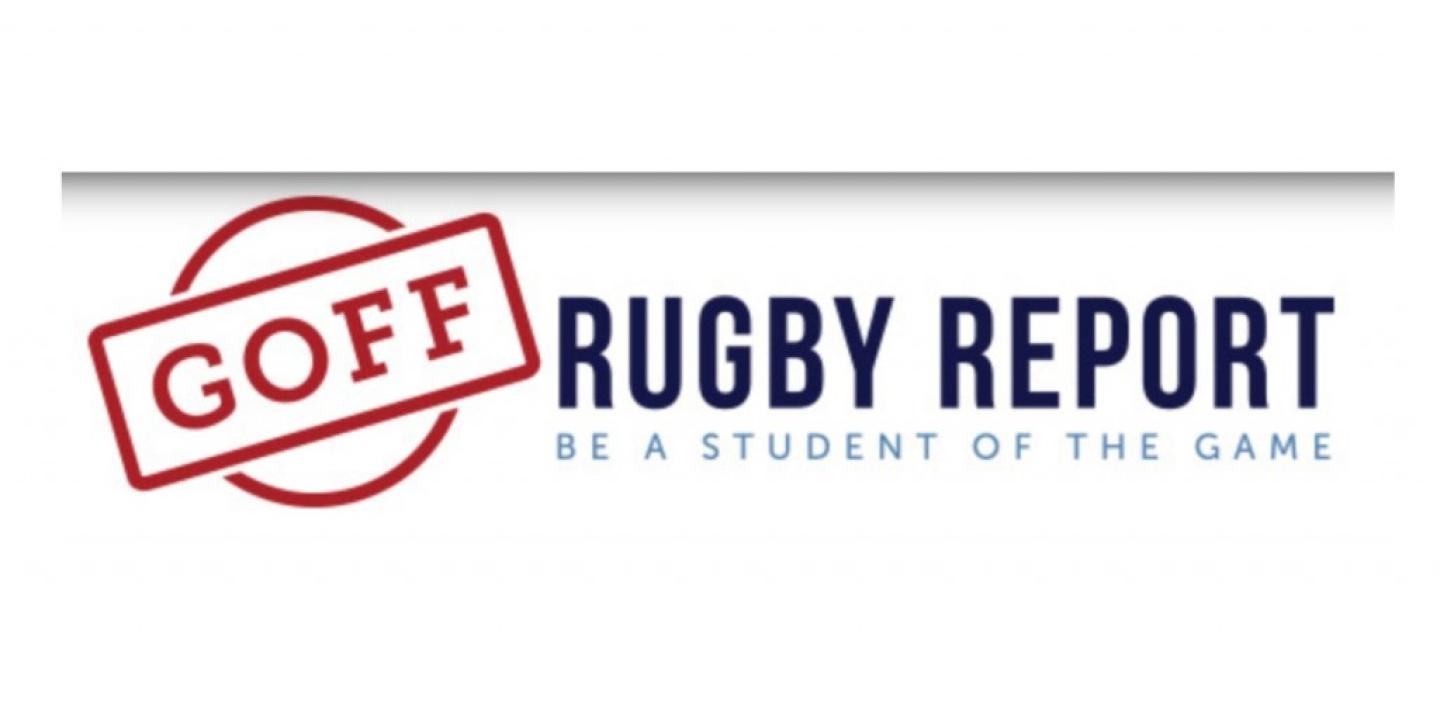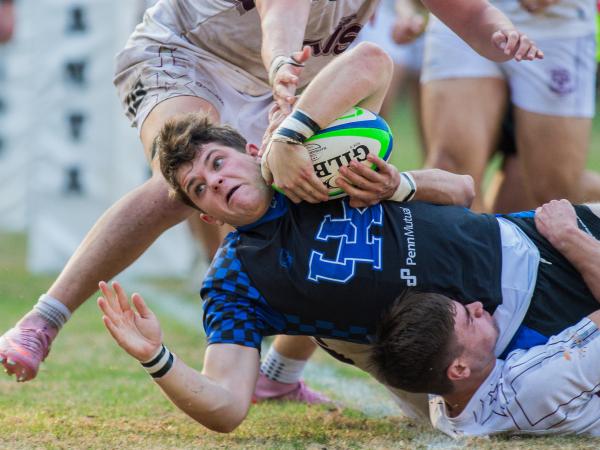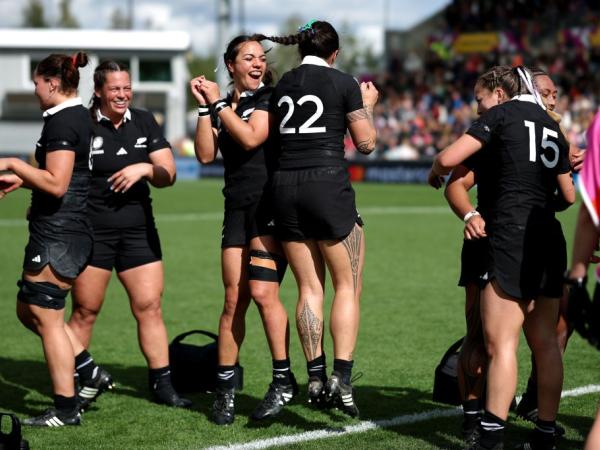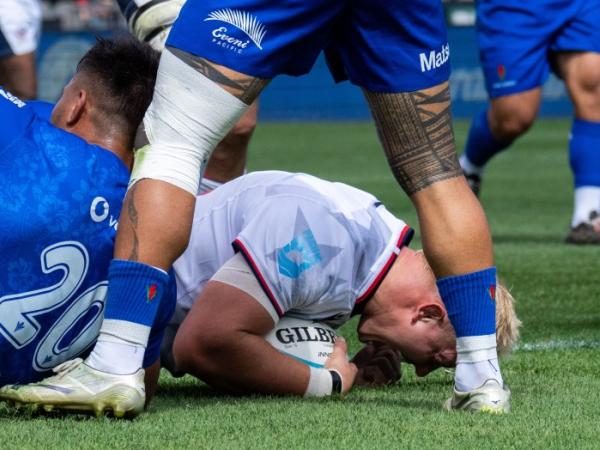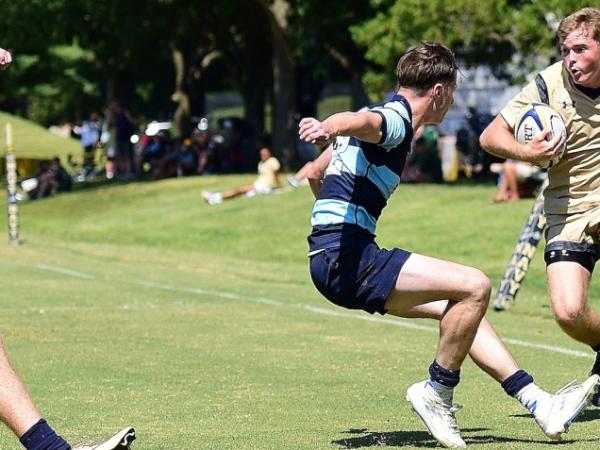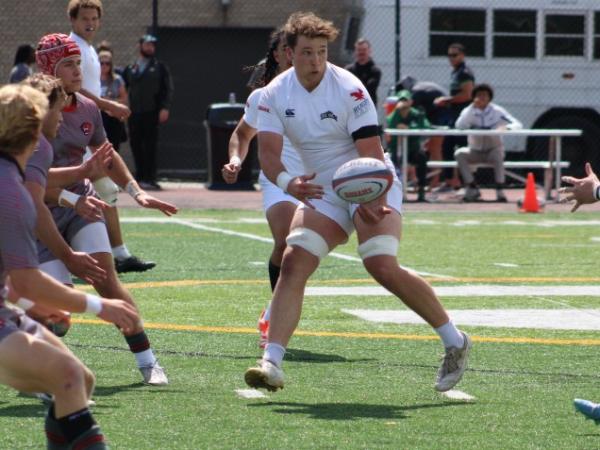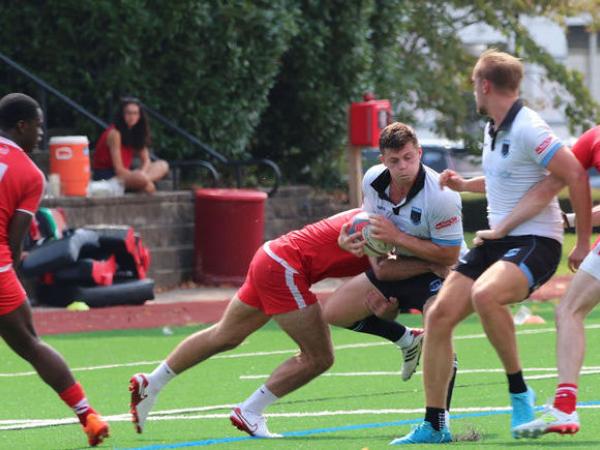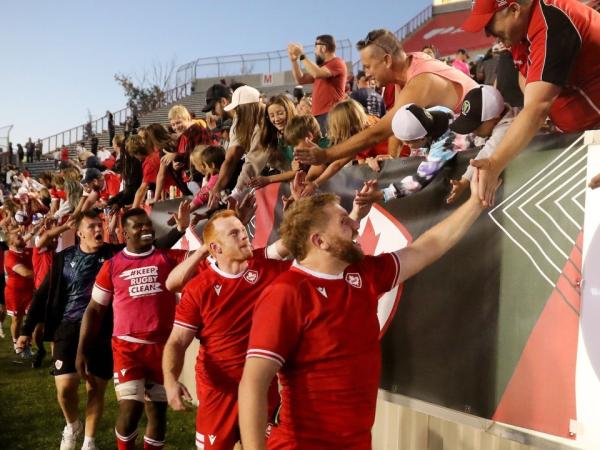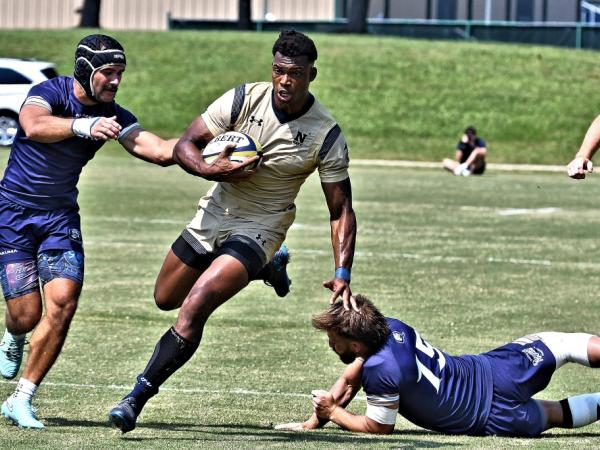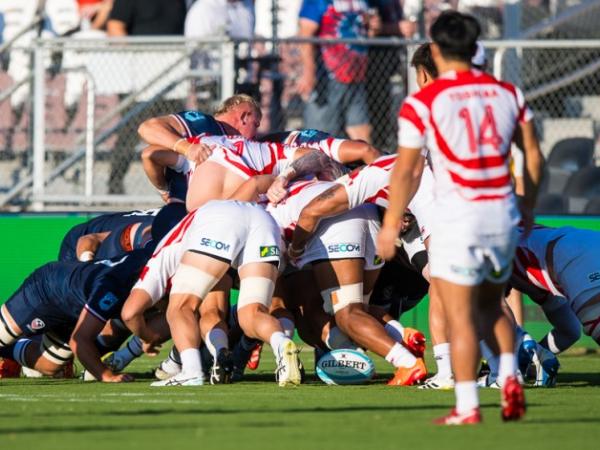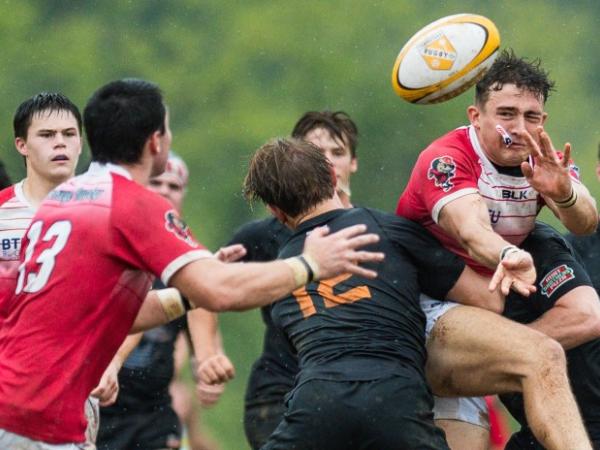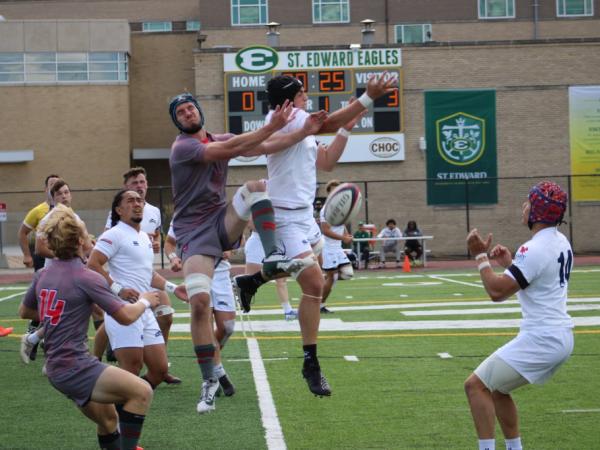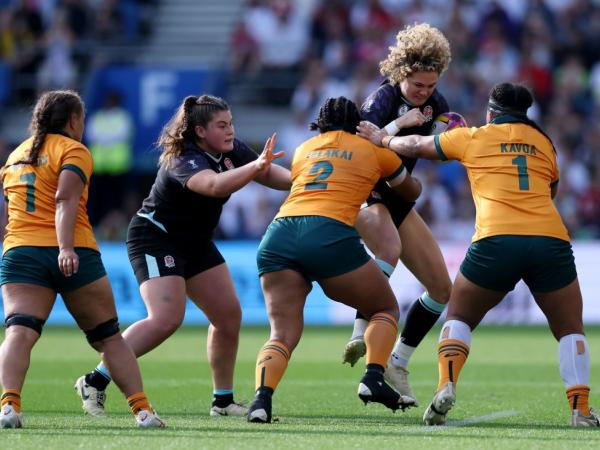Amateurism is under intense scrutiny this college rugby season for a number of reasons.
First off, there was the Lindenwood eligibility saga, which has now ended with Lindenwood avoiding punishment and DIA Rugby opting not to pursue an appeal. Part of the issue came down to whether a player paid in an overseas academy system is eligible if you can’t really prove he was going to school.
Still more questions are arising from various quarters about college players who played in PRO Rugby North America. Some of those players have returned to their college teams to resume a college rugby career … but is it that simple?
USA Rugby is right now working on a plan to establish in greater detail what pay-for-play situations end college eligibility, and what situations allow a student-athlete to return to the college rugby field.
While it might seem simple - if you’re paid, then you’re a pro, and you shouldn’t be in college sports - it’s actually not so straightforward when you look at the history of it.
Take the idea of professionalism, for example. To different people, and different sporting bodies, it’s defined in different ways. We all know (or should know) the story of Jim Thorpe, the American athlete who wowed everyone at the 1912 Olympic Games. His gold medal in the pentathlon was later taken away because he had played minor league baseball. Never mind that baseball wasn’t an Olympic sport, being paid for any sport meant he was ineligible. The International Olympic Committee later, well after Thorpe’s death, changed its mind and reinstated Thorpe’s medals.
Rugby union was, of course, amateur until 1996, and being amateur meant you couldn’t be paid (although getting a little “boot money” was usually OK). And it also meant you couldn’t be paid to play rugby league, despite rugby league being a separate (if very similar) sport. You could, however, play other sports professionally. Many well-known rugby union players were successful in professional cricket, as well, and no one said anything about athletes being paid to play American football being banned from rugby.
In addition, with rugby, you could be deemed professional if you were paid because of your fame. Well-known rugby players wrote autobiographies, but risked being labeled a professional if they accepted the royalties. Some just donated the profits. (Oddly, if you got paid to be an announcer, that was OK, despite the fact that your qualifications for being an announcer were that you were a famous rugby player.)
Back to the Olympics, for decades being paid was reason to be banned, but if your government saw fit to give you a cushy job or promote you to a colonel in the army, where your posting was to play for the national hockey team, that was perfectly acceptable. That wasn’t professionalism, that was just someone being nice.
The Olympics remained purely amateur (unless you competed for a communist country) until the 1990s, and that amateur ideal was supposedly based on the assumption that the athletes of the ancient world were also amateur. But that’s not really true, as Olympic athletes in ancient Greece received valuable prizes for winning. They were paid.
Not paying athletes could often lead to attempts to circumvent the rules. For decades rugby clubs offered players free use of a car, free meals at a restaurant, cushy jobs you didn’t really have to show up, and free housing for supposedly amateur rugby players.
Many years ago I developed a friendship with a former tennis player who had been very successful in the amateur days of tennis in the 1920s and 1930s. I asked him how he managed to support a non-paying tennis career, and he said there were a couple of ways. One was to strike up a friendship with a rich person, who would give a player money to do a little coaching and because said rich person loved the sport. Another was to fudge the expense accounts. If you lived in Cleveland and were slated to play in tournaments in Fort Lauderdale, Miami, and Tampa, you’d put in for train fare from Cleveland to each city and back. Of course, said player would actually take the train to Florida and go from tournament to tournament in-state. The player would pocket the difference.
So you see how there’s hypocrisy and shenanigans in the idea of amateur sports to begin with.






